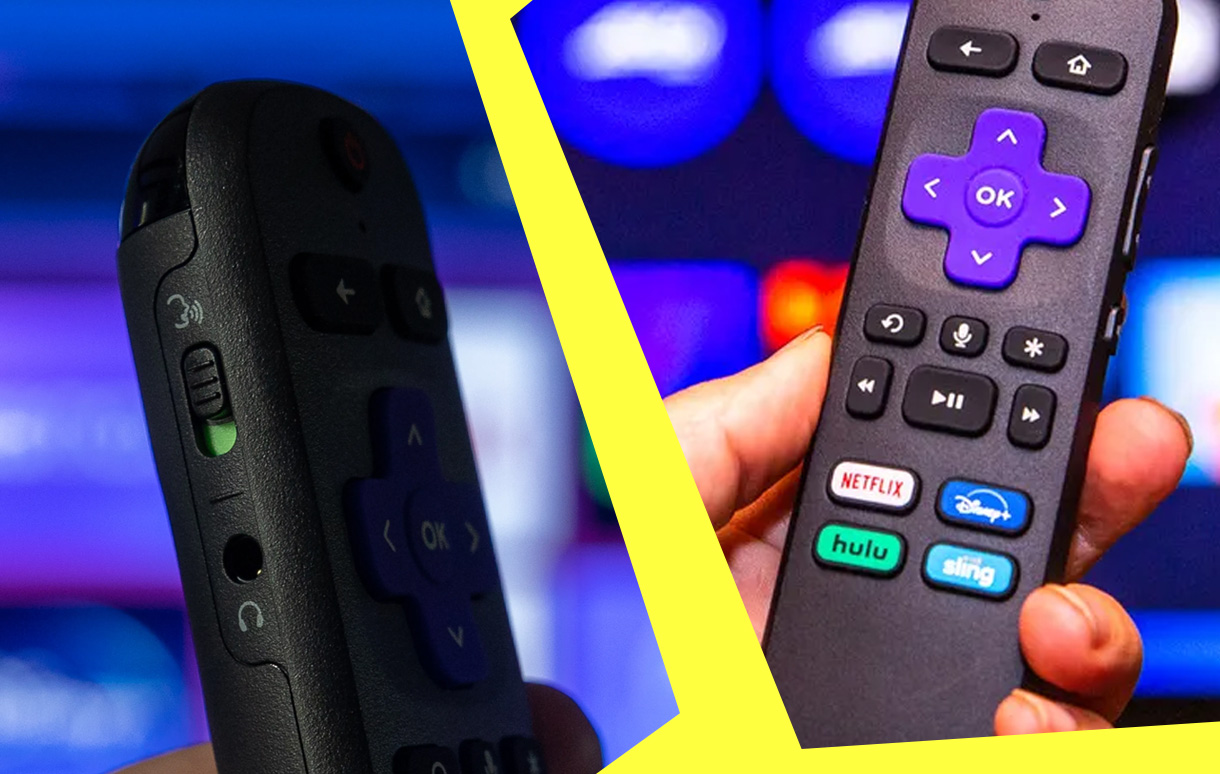Streaming has become an essential part of our daily lives, and Roku has positioned itself as one of the leading platforms for on-demand entertainment. With a plethora of streaming options, an easy-to-use interface, and a reputation for reliability, Roku devices have become a household staple. However, nothing disrupts a relaxing evening of streaming like seeing the dreaded message: “Not Connected.”

This notification can leave you frustrated and scrambling for answers, but rest assured, it’s a problem with solutions. The “Not Connected” message on Roku can arise from various reasons, including network issues, incorrect settings, or even device malfunctions. Understanding the cause is the first step toward resolving it, and this article will guide you through every aspect of fixing this issue and ensuring a smoother streaming experience in the future.
What Does “Not Connected” Mean?
When Roku displays “Not Connected,” it signifies that the device is not currently connected to the internet. Without an active connection, Roku cannot access streaming services, download updates, or provide a seamless user experience. This disconnection doesn’t necessarily mean your internet is down; it often points to a communication problem between your Roku device and your Wi-Fi network.
There are a variety of reasons why this happens, from interference in your home network to outdated firmware or router issues. Each of these possibilities requires a different troubleshooting approach.
Common Reasons Roku Says “Not Connected”
The “Not Connected” error isn’t as random as it seems. Here’s a breakdown of the most common causes:
1. Weak Wi-Fi Signal
If your Roku is positioned far from the router, the signal strength may be insufficient to maintain a stable connection. Objects like walls, furniture, or electronic devices can interfere with signal quality.
2. Network Configuration Issues
Incorrect network settings, such as entering the wrong password or selecting the wrong Wi-Fi network, can cause your Roku to lose connectivity.
3. Overcrowded Network
In homes with multiple devices connected to the same network, bandwidth can become strained, leading to intermittent connectivity issues for devices like Roku.
4. Software and Firmware Problems
Both the Roku device and your router rely on regular updates to function optimally. If either is running outdated software, compatibility issues may arise.
5. ISP or Router Downtime
Sometimes, the problem isn’t with Roku at all. Internet service provider outages or router malfunctions can result in connectivity problems.
Troubleshooting the Problem
Understanding the root of the issue is only half the battle; fixing it is where the challenge begins. Below, we’ll explore detailed steps to address the “Not Connected” message and get your Roku back online.
Step 1: Checking Your Network Connection
The first step is to ensure your internet connection is active. Test your Wi-Fi on other devices such as a smartphone or laptop. If these devices are also struggling to connect, the problem lies with your internet service or router.
If other devices are working fine, move on to verifying the connection specifically for your Roku. Use the “Check Connection” option in the Roku settings menu. This feature will test your signal strength and confirm whether the device is detecting your network.
Step 2: Restarting Devices
Sometimes, a simple restart can resolve the issue. Begin by restarting your Roku device. Navigate to “Settings,” then “System,” and select “System Restart.”
For your router, unplug it from the power source, wait about five minutes, and then plug it back in. Once both devices are restarted, attempt to reconnect your Roku to Wi-Fi.
Step 3: Updating Software
Outdated firmware can cause compatibility issues, leading to connection problems. To check for updates on your Roku device, navigate to “Settings > System > System Update.” Ensure your router’s firmware is also up-to-date by logging into its admin panel (consult your router’s manual for specific instructions).
Advanced Fixes
If the basic troubleshooting steps don’t resolve the issue, it’s time to explore more advanced solutions.
Factory Resetting Your Roku
A factory reset should be used as a last resort, but it’s highly effective for resolving persistent issues. Keep in mind that this will erase all settings and data on your Roku, requiring you to set it up from scratch. To perform a factory reset, go to “Settings > System > Advanced System Settings > Factory Reset.”
Optimizing Your Network
Position your router in a central location to ensure even signal distribution throughout your home. If this isn’t feasible, consider investing in a Wi-Fi extender to boost signal strength.
Additionally, upgrading to a dual-band or tri-band router can help manage network traffic, especially in homes with multiple devices.
Switching to a Wired Connection
For a more stable and reliable connection, consider using an Ethernet cable to connect your Roku directly to your router. While this isn’t an option for all Roku devices, it eliminates the variability of Wi-Fi signals.
Error Messages and What They Mean
When facing connectivity issues, Roku may display specific error codes or messages. Understanding these can help streamline the troubleshooting process.
| Error Code/Message | Cause | Solution |
|---|---|---|
| 009: Cannot Connect to Internet | Weak signal or incorrect credentials | Re-enter Wi-Fi password, check signal strength |
| 014: Network Not Found | Router or ISP issues | Restart router, verify network status |
| “Unable to Connect” | Outdated firmware or interference | Update firmware, reduce interference |
Avoiding Future Connectivity Problems
To minimize the chances of encountering the “Not Connected” message again, consider implementing these tips:
- Regularly update both your Roku and router firmware.
- Place your router in a central, elevated location for optimal signal distribution.
- Reduce network congestion by disconnecting devices that aren’t in use.
- Periodically check for ISP outages in your area to stay informed.
When to Seek Help
If all else fails, it may be time to contact Roku support or your internet service provider. Persistent issues could indicate a hardware problem that requires professional assistance.
Final Thought
The “Not Connected” error can be a frustrating roadblock to your streaming experience, but it’s rarely insurmountable. By identifying the cause and following the appropriate troubleshooting steps, you can quickly get your Roku back online.
In the world of streaming, a seamless connection is key to enjoying your favorite shows and movies. Whether it’s a simple Wi-Fi password update or a full factory reset, the solutions are within reach. Now that you know why Roku says “Not Connected” and how to fix it, you’re better prepared to handle any connectivity issues that come your way.
Also Check:
- You Can Watch Live TV on Roku and This is How
- Will Roku Work on a Non Smart TV: Everything You Need to Know
- 2024’s Most Popular Streaming Platforms: What to Watch and Why
- Top Streaming Devices 4k of 2024: The Ultimate Guide for Cord Cutters and Media Enthusiasts
- A Step-by-Step Guide to Set Up Roku Wireless Speakers for TV
